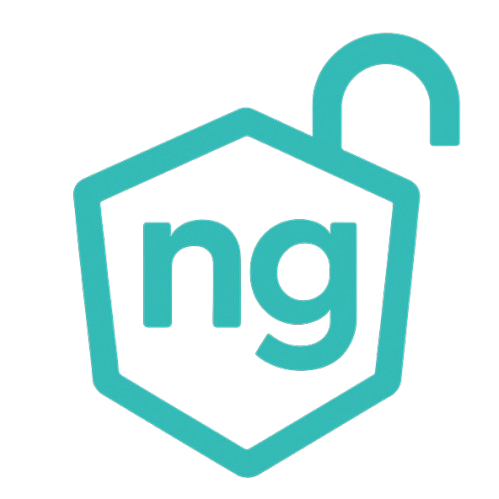ngopen Documentation
Comprehensive guide to installing, configuring, and using ngopen for your development workflow.
Getting Started
ngopen is a self-hosted reverse tunneling and HTTP exposure service. This guide will help you get started with installation and basic usage.
Core Concepts
How Tunneling Works
ngopen creates a secure tunnel between your local machine and the ngopen server. When a request comes to the public URL, it's forwarded through this tunnel to your local service. This allows external access to services running on your local machine without requiring you to open ports in your firewall or set up complex networking.
Self-Hosting
Unlike other tunneling services, ngopen is designed to be self-hosted. This means you have complete control over your data and can customize the service to your needs. You can run ngopen on your own server, in a Docker container, or on a cloud provider.
Security Considerations
When exposing local services to the internet, security is paramount. ngopen provides TLS encryption, authentication options, and access controls to help you secure your tunnels. Always be mindful of what services you expose and who has access to them.
